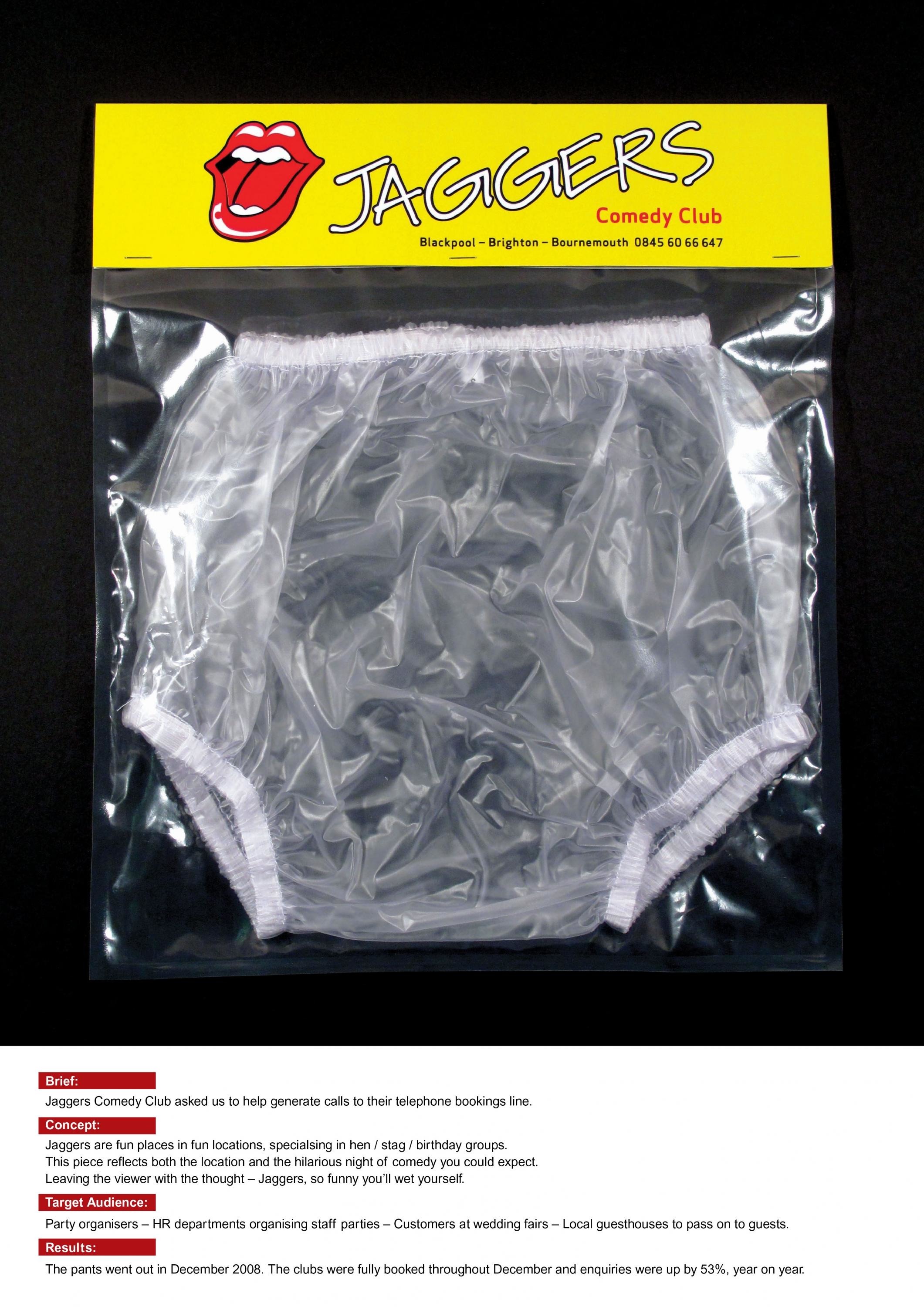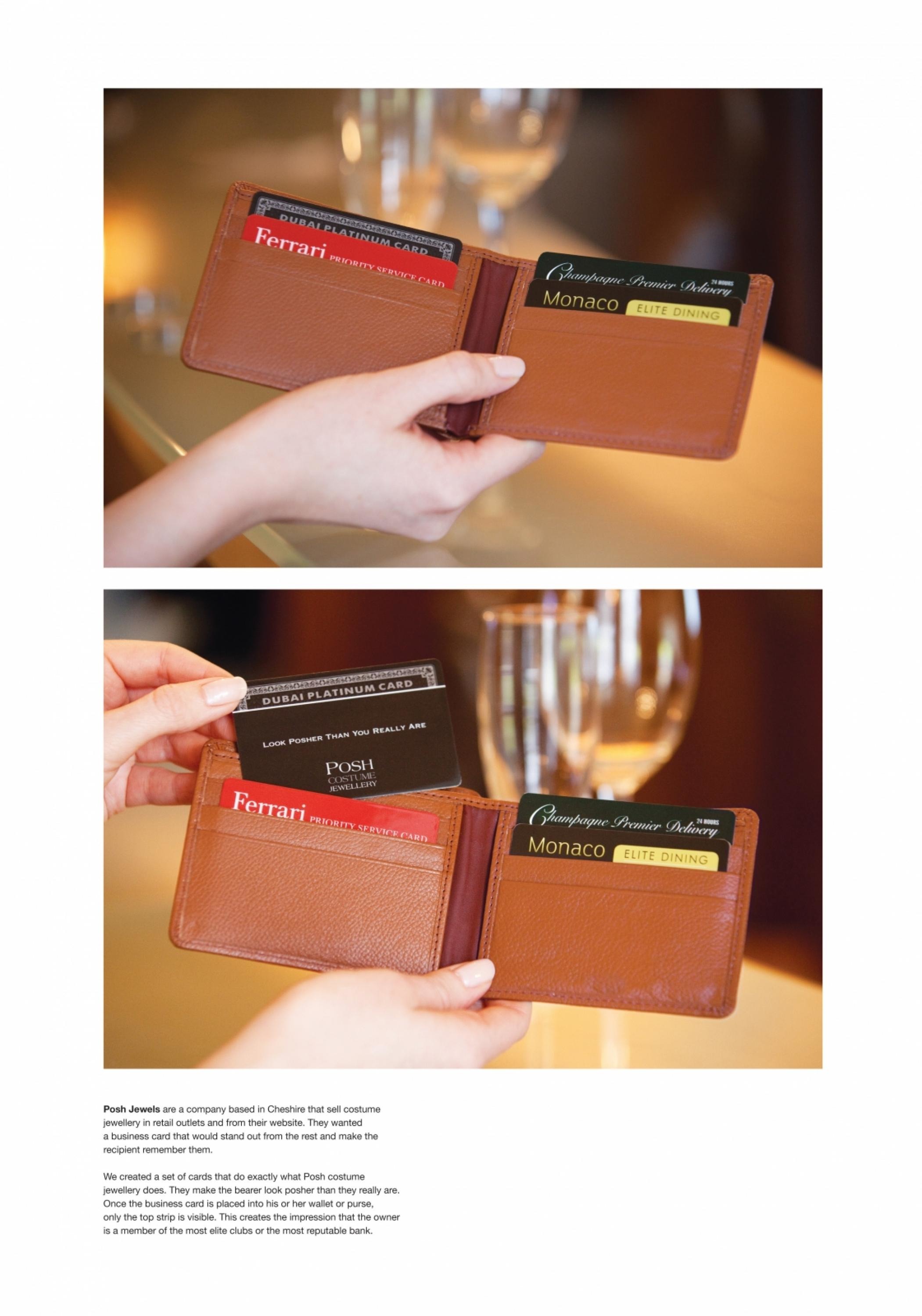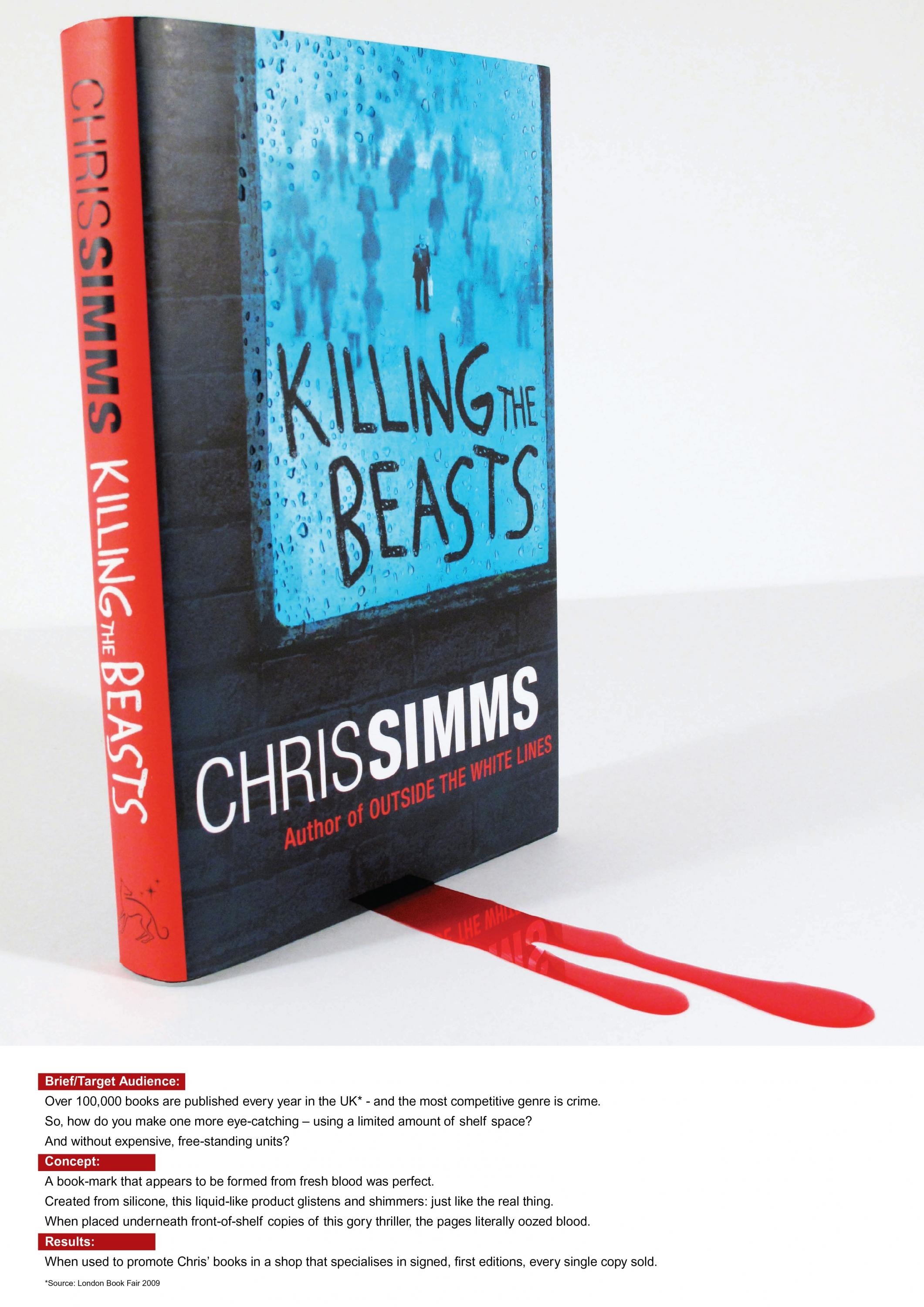Creative Strategy > Challenges & Breakthroughs
LIKE BRANDS
McCANN MANCHESTER / ALDI UK / 2019
Awards:

Overview
Credits
Overview
The Interpretation of the Challenge
In 2010 Aldi was a small player struggling in a market dominated by the grocery ‘super powers’, Tesco, Sainsbury’s, ASDA & Morrisons.
This ‘Big4’ owned the grocery conversation with a combined 71% SOV vs. Aldi’s 4%. Importantly they accounted for around ¾ of all grocery spending.
Although Aldi was perceived as low priced, it had no other competitive advantage vs. these huge players; a tiny store estate, a fraction of their product range, no big brands and a low-service, no-frills retail environment.
Aldi also had the lowest quality perception in the grocery market and shopping in discounters carried considerable social stigma.
From 2008 to 2010 as the UK economy fell into recession, when you might expect a discounter to do well, Aldi’s UK value market share growth dwindled to almost zero.
Worse still the ‘Big4’ had woken up to the discounter threat and mounted heavyweight price cutting campaigns.
The challenge was how to convince shoppers that at Aldi, you could get the quality and range of products you want for less money, and re-ignite Aldi’s growth to double digits.
The Insight / Breakthrough Thinking
Although a third of households shopped with Aldi each year, over 80% were ‘Low Loyals’, visiting just 6 times a year and giving Aldi just 2% of their total grocery budget.
Nielsen special analysis clearly showed Low-Loyals offered greater potential for increased spend than Aldi non-shoppers.
They were a much easier target than Aldi none shoppers who were loyal Big4 customers.
They also knew where their local Aldi was and had got over the physical strangeness of the stores.
Focus group, ethnographic and product test research amongst Low Loyals revealed four key truths:
• Their trust in well-known brands made shopping more at Aldi seem high risk. This was the key barrier: “Aldi don’t have the brands I want!”
• When they tried them, most of them liked Aldi products as much as more expensive, well- known brands.
• They trusted other people like themselves telling them how good products are, more than they trust the supermarkets telling them.
• They felt very emotionally distant from Aldi.
Breakthrough insight:
Low Loyals didn’t need to believe Aldi products were better than brands, merely ‘as good as’.
By reflecting shoppers’ love of brands Aldi could feel closer to them, emotionally.
The Creative Idea
Aldi’s business is built on is simplicity, so we put simplicity at the core of our creative idea:
Aldi products are very much like the famous brands you love and trust, only better value.
By applauding, rather than knocking, the competition we employed the principle of many martial arts; using your opponents’ strength against them. Then, by benchmarking against key brands, we reassured on quality.
We ‘street cast’ real people - they looked like Aldi shoppers, their friends and family, not actors - so our ads didn’t look like ads or like they were selling - making the message even more persuasive.
Disarming, observational humour delivered natural human warmth, inspiring emotional closeness between Aldi and customers.
The 20s format worked across many products and topical themes permitting cultural relevance and longevity, vividly illustrated by recent executions inspired by diversity awareness e.g. deafness, and even blockbuster TV show, Game of Thrones.
The Outcome / Results
Like Brands was an instant hit.
Aldi’s initial target of 11% YoY value sales growth was substantially exceeded, actually delivering an astounding 30% increase in sales in the first year.
Market share growth had slowed in 2010, nonetheless Aldi set a stretching target of +0.25% value share for 2011. Like Brands lifted Aldi’s share to 3.0%, an increase of +0.6%, significantly exceeding the +0.25% target.
By 2018, after 8 years of market-leading growth and over 100 different Like Brands ads, Aldi sales had risen to over £7.4bn and value market share had more than tripled to 6.5%.
Like Brands can’t claim exclusively responsibility for all of this growth yet it was the only ‘ever present’ among Aldi marketing campaigns across the entire period, so we would argue that it had played a significant part in Aldi’s success.
Cultural/Context Information for the Jury
Traditionally Supermarket advertising focuses repetition; ‘shouting’ customers into submission until they buy.
Like Brands took a totally different approach, featuring the competitor products they ‘liked’, presenting a choice, and leaving customers to make up their own minds.
Effectively it ‘sold without selling’ and respected the right of its customers to choose what and where they wanted to buy.
It was exported to USA, Australia and Ireland, and the British public voted “Tea” ad of the year in 2011 and best ad of the 2010s decade in 2018 showing the power of humour and establishing it as a distinctive Aldi trait within the supermarket category.
Yet the real success of Like Brands lay in reversing the fortunes of Aldi UK, winning it a special place in the hearts of UK shoppers by transforming consumer attitudes to private label and therefore supermarket marketing overall.
More Entries from Long-term Strategy in Creative Strategy
24 items
More Entries from McCANN MANCHESTER
24 items

























